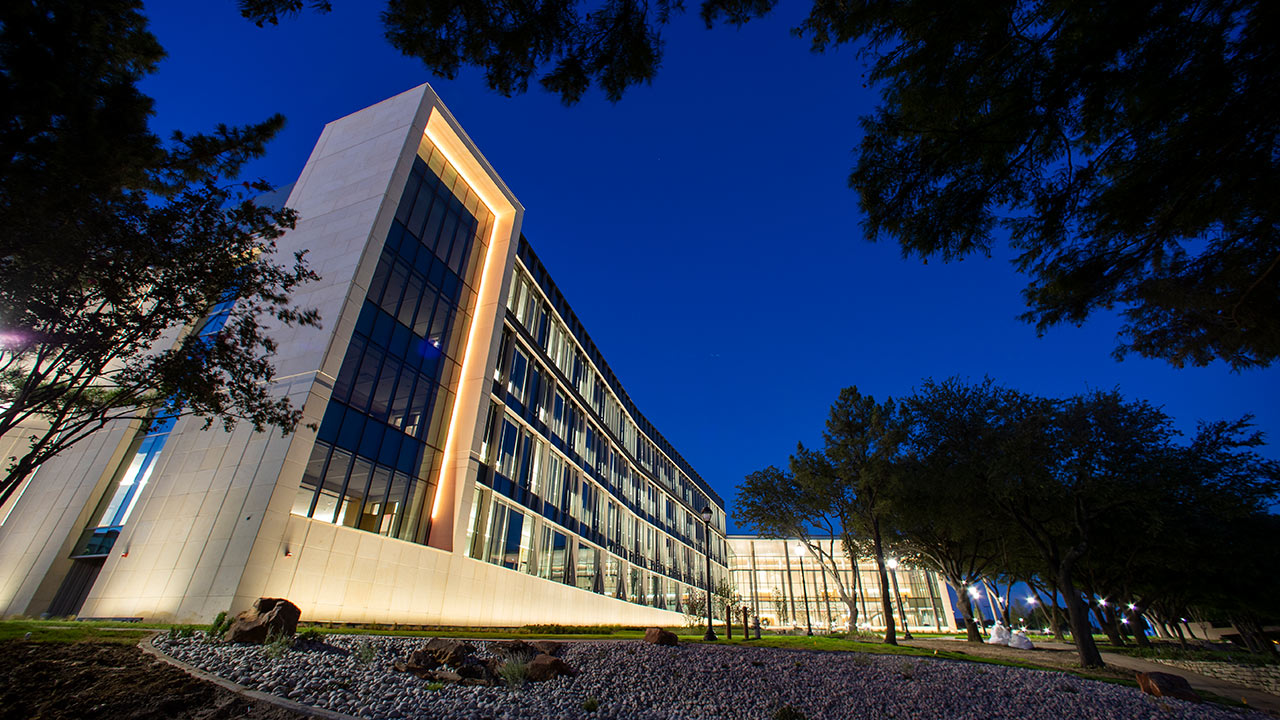Regulations
Export control regulations apply to:
- the transfer of specified items or information to people or entities outside the U.S.;
- the disclosure of certain information to certain foreign nationals inside the U.S. (aka "deemed export");
- the training or offering of services involving controlled equipment or information to foreign nationals; and
- transactions with, or providing services to, certain foreign countries or individuals who are on embargo lists.
The vast majority of research and teaching activity at The University of Texas at Arlington falls within one or more of the following exemptions to the EAR and ITAR regulations:
- The fundamental research exclusion exempts from coverage basic and applied research in science and engineering performed by institutions of higher learning in the U.S. as long as the research is carried out openly and without restrictions on publication or access to or dissemination of the research results. The fundamental research exclusion does not apply to items on the US Munitions List.
- The education exclusion exempts from export controls the sharing of information commonly taught in colleges and universities (ITAR) or educational information released by instruction in catalog courses and associated teaching laboratories (EAR). Therefore, in general, no license is required to share information as part of a course being taught. Note, however, that the education exclusion does not apply to proprietary information and certain information deemed classified or sensitive by the federal government.
- The public domain exclusion exempts the sharing of technical data or information with a foreign national inside the U.S. as part of a class, laboratory, or conference or seminar, if the same technical data or information has already been widely published or is available in libraries or through newsstands, bookstores, subscriptions or free web sites or is disclosed in published patent applications.
Most items and information a university researcher wants to physically export outside the U.S. will not have a "dual use" or military application and should therefore, fall under a broad exception to the licensing requirement. However, if the item or information involves one or more of the following general categories, check the Export Administration Regulations and consult with Jeremy Forsberg, Director, Office of Research Administration for assistance in determining if a license might be necessary:
- nuclear materials, information and equipment;
- chemicals, microorganisms or biotoxins (see list) which could be used for terrorist purposes;
- materials processing (anti-friction bearings, crucibles made of materials resistant to liquid actinide metals, valve bearings, generators and equipment related to nuclear material handling, piping, fittings and valves, explosives or detonators, chemical vapor deposition furnaces, robots, etc.);
- electronics development (certain components, including microprocessor microcircuits, wave pulse discharge capacitors, wave tube amplifiers, etc.);
- computers (generally, CTPs bigger than 190,000MTOPs), encryption software, telecommunications and information security;
- lasers and sensors (certain marine acoustic systems, mono- or multispectral imaging sensors designed for remote sensing, specified direct view imaging equipment, certain cameras with specified frames, readout and pixels, etc.);
- navigation and avionics; marine items; and
- propulsion systems, space vehicles and related equipment.
Complete information regarding travel to foreign countries can be found by clicking here.
To summarize: no license is generally required to travel to, conduct research in and take equipment to, most foreign countries as part of your teaching and/or research responsibilities. However, OFAC restrictions apply to a limited number of embargoed entities and specially designated nationals. OFAC restrictions limit certain activities in the Balkans, Burma, Cuba, Iran, Iraq, Libya, North Korea, Sudan, Syria, and Zimbabwe. Check for updates to the embargoed entities and the specific limitations for each country at: http://www.ustreas.gov/offices/enforcement/ofac/programs/. In addition, OFAC programs prohibit the provision of services to countries subject to US sanctions, boycotts, etc. without a license. Such services include: conducting surveys or interviews in, or transmitting on-line courses to, a boycotted country.
Excluding countries under sanction, faculty who wish to take their laptops out of the country to use in a project that qualifies as fundamental research may be able to do so under the license exception for temporary export if the laptop meets the requirement for “tools of trade” and faculty retain control of the laptop at all times.
Useful Links:
Government Materials:
Substantive Information
Export Administration Regulations
International Traffic in Arms Regulations (ITAR)
Office of Foreign Assets Control (OFAC)
Regulatory Offices
